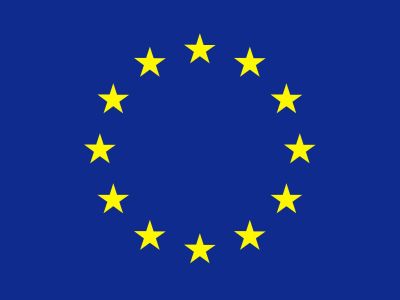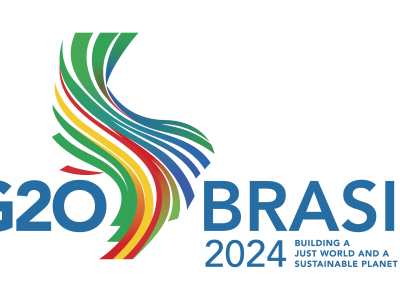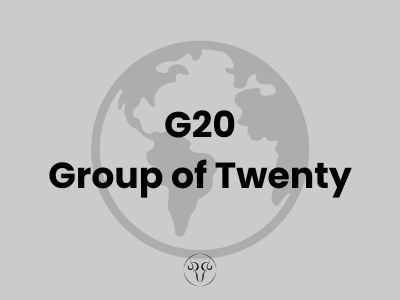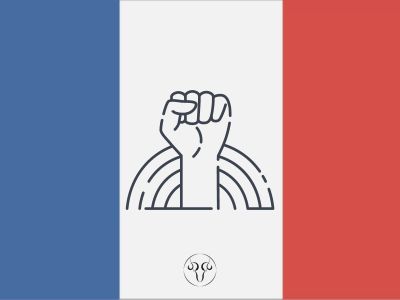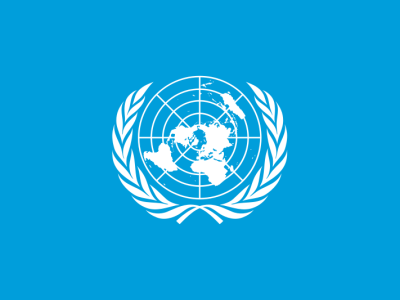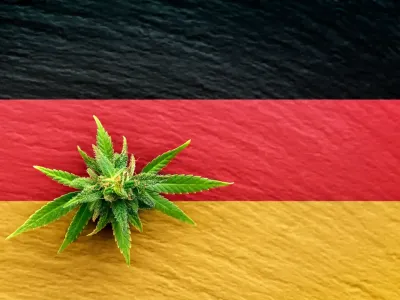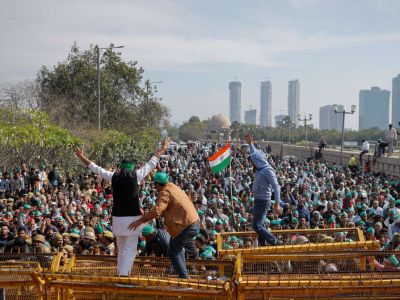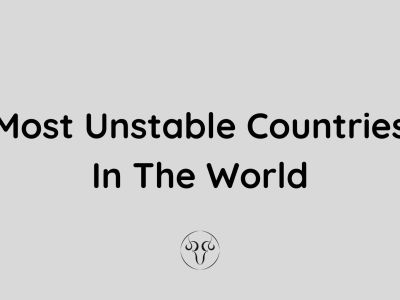South Korea - Presidential Elections 2024
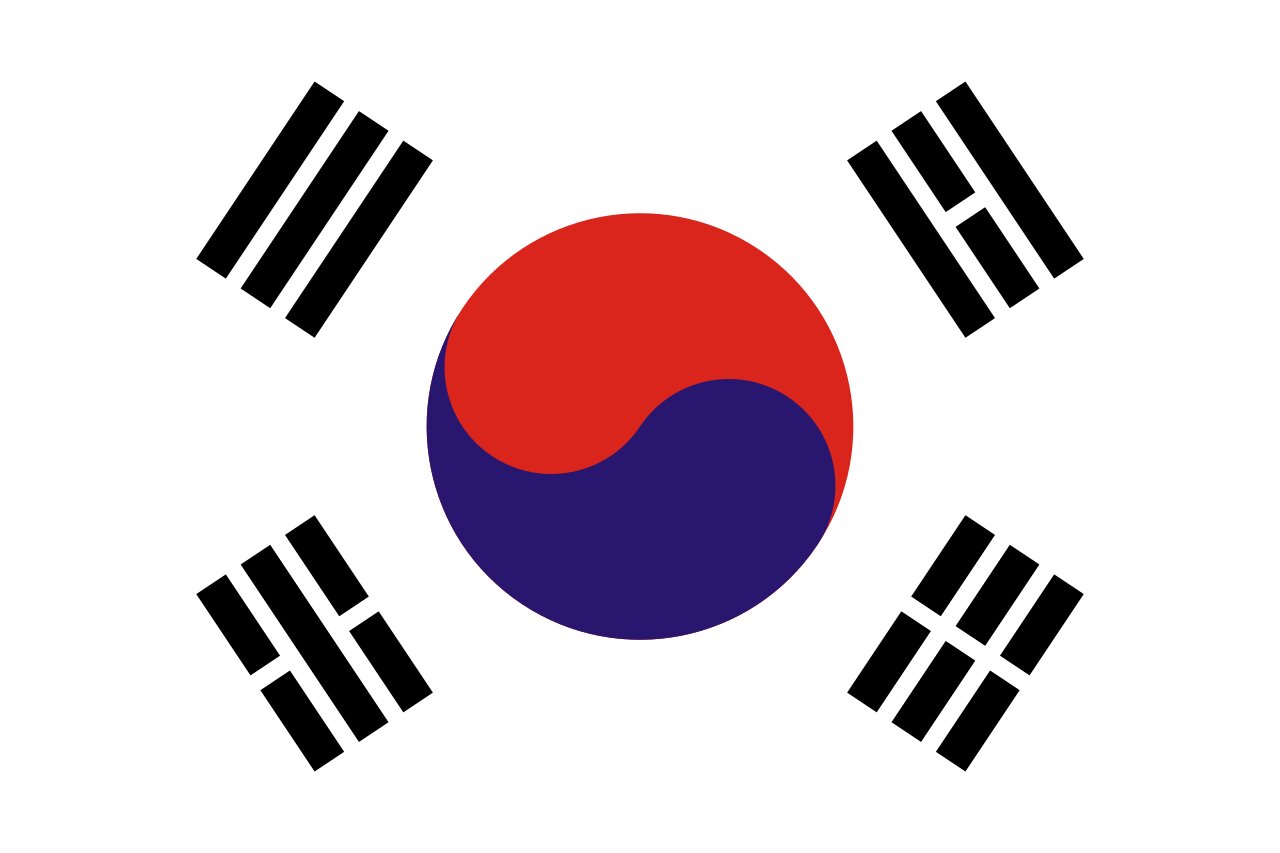
In a significant political shift, South Korea's liberal opposition party, the Democratic Party (DPK), has secured a decisive majority in the country's general election, retaining control of the parliament. The DPK, along with smaller opposition parties, captured 192 out of 300 seats in the National Assembly. The election outcome is largely viewed as a midterm referendum on President Yoon Suk Yeol, who has three years remaining in his term.
A Crushing Defeat for the People Power Party
The election marks a severe setback for President Yoon and his People Power Party (PPP). The PPP has struggled to advance its legislative agenda in a parliament where the DPK has dominated. With the DPK's victory, they are now poised to expedite and enact their legislative proposals.
Both the DPK and PPP have utilized breakaway satellite parties to maximize their vote shares under South Korea's electoral system. This system assigns seats to smaller parties that do not meet the threshold for proportional representation based on their overall support.
DPK leader Lee Jae-myung commented on the victory, stating, "This isn't the Democratic Party's victory but a great victory for the people." He called on politicians from all parties to unite in addressing the current economic crisis and pledged that the DPK would lead efforts to resolve the livelihood crisis.
Potential Implications for the Presidential Race
Today's election result could potentially embolden Lee Jae-myung, who narrowly lost the 2022 presidential election to President Yoon, to consider another presidential bid. President Yoon is facing mounting pressure to tackle several pressing issues, including soaring food prices, a rapidly aging population, and an ongoing doctor's strike.
Recently, President Yoon has faced criticism for appearing disconnected from the economic challenges facing voters. In a controversial incident last month, he commented during a visit to a Seoul supermarket that a bundle of green onions priced at 875 won (£0.51; $0.65) was "reasonable". However, the actual market price for the green onions, without subsidies, ranged between 3,000 and 4,000 won. This comment ignited a public outcry, with green onions even being used as props in farmers' protests and DPK election rallies.
Moreover, President Yoon's wife, Kim Keon Hee, has been embroiled in a controversy over allegedly accepting a luxury bag as a gift. Additionally, corruption and abuse of power allegations have been leveled against senior members of the PPP.
Challenges Ahead for the DPK
Despite their election victory, the DPK is not without its own challenges. The party has faced internal struggles and political controversies, including corruption allegations. As they assume a stronger position in the parliament, the DPK will be under scrutiny to deliver on their promises and effectively address the nation's economic and social issues.
The results of South Korea's general election signify a significant political shift, with the DPK securing a landslide victory and retaining control of the parliament. President Yoon Suk Yeol and his PPP face a challenging period ahead, while the DPK must now deliver on their promises and navigate the complexities of governing in a polarized political environment. The election outcome has set the stage for potential changes in the upcoming presidential race, with Lee Jae-myung possibly considering another run for the presidency.
